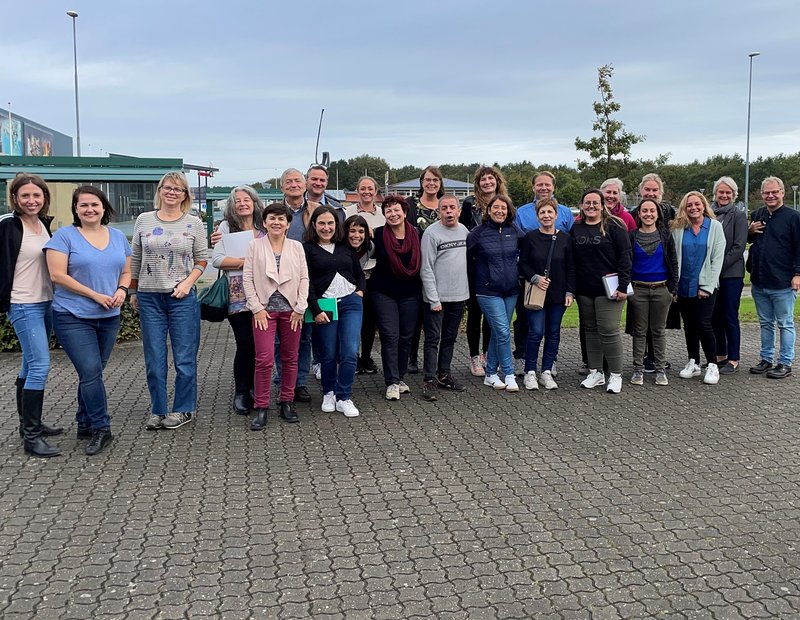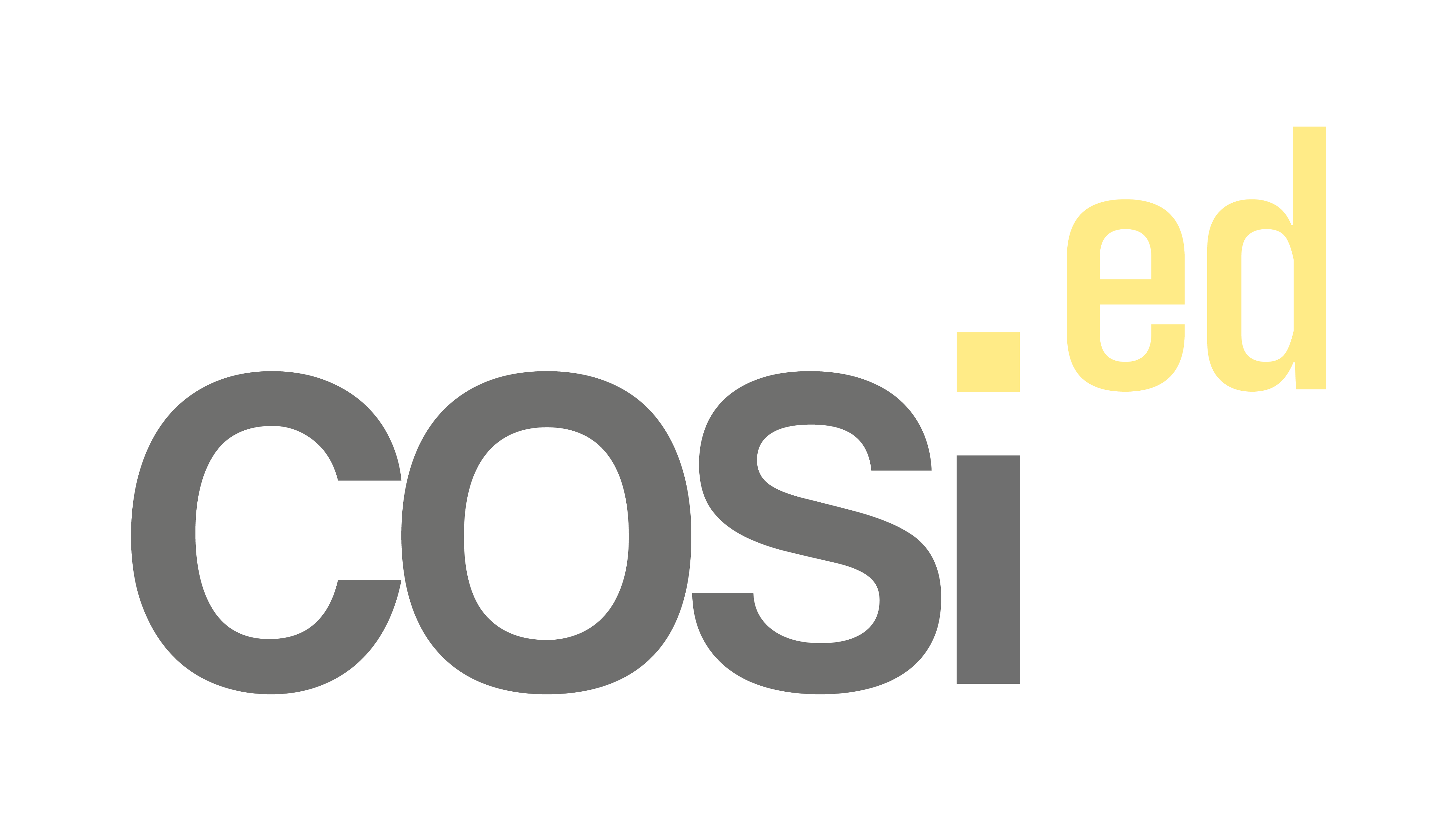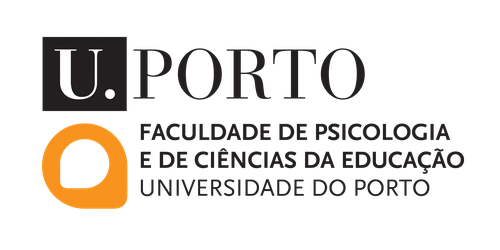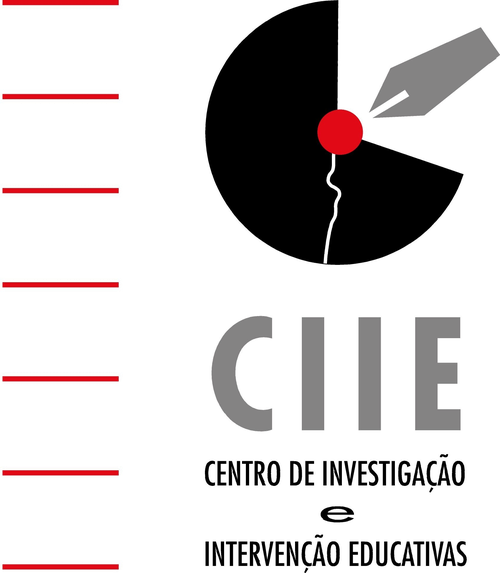Project partners
University of South Eastern-Norway (USN)
The University of South-Eastern Norway (USN) has established an interdisciplinary project group from two different subject areas; Pedagogics/Teacher Training and Social Education Studies. It will draw on the different experiences and academic traditions of the respective disciplines to arrive at an innovative way of training disadvantage students.
USN has special expertise in collaborative research and co-creation of knowledge and educational development.
USN will be the coordinator and the responsible for the management of COSI.ed project (Work Package 1).
Country: Norway
Website: USN
Contact details:
- Mette Bunting (Project Manager). mette.bunting@usn.no. [website]
- Thor-Egil Eide. thor.e.eide@usn.no
- Finn Hjardemaal. finn.r.hjardemaal@usn.no. [website]
- Vibeke Krane. vibeke.krane@usn.no. [website]
- Inger Kjersti Lindvig. inger.k.lindvig@usn.no. [website]
- Alessandra Dieudé. alessandra.dieude@usn.no. [website]

Vestfold and Telemark Fylkeskommune (VTC)
VTC will contribute in the project with local educational competence and experience in counseling and helping youth at risk to complete upper secondary school. Teachers, social workers and skilled workers will contribute in the project as role models for the students and as guidance into working life. The County will offer teachers, social workers and skilled workers to pilot and upscale the COSI.ed model with students in vocational programs.
Country: Norway
Website: VTC
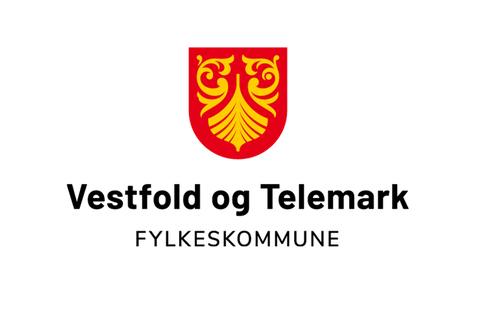
VIA University College
The team from VIA, Denmark, brings expertise and experience from the MaCE project into COSI.ed. The team has an experience in collaborative projects, at both national and international level.
In COSI.ed, VIA, specifically will be engaged as leader of Work Package 2: “Transferring the MaCE Model”. This includes introduction to and training all the partners in the original MACE model and co-creation in transferring this to a preliminary COSI.ed model. Also facilitating the process with adaption of the COSI.ed model to the regional contexts.
Country: Denmark
Website: VIA
Contact details:
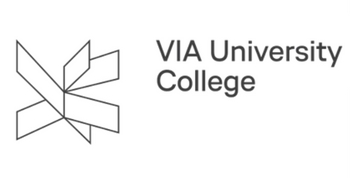
FGU NORDVEST
The purpose of the FGU-institutions is to develop and optimize vocational, personal and social skills of young people under 25 years. The goal is to support young people to get into Youth Education or a job as quickly as possible. In a larger scale FGU contribute to reach the national goal, that every young people either have finished youth education or have a job, before they reach 25 years.
Country: Denmark
Website: FGU
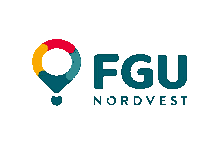
University of Warsaw
The University of Warsaw (UW) team has extensive experience in the development of national and international projects on issues such as early school leaving, social and educational inequalities and social exclusion.
The UW team will be responsible for coordinating Work Package 4, which leads to the creation of the European model COSI.ed.
Country: Poland
Website: UW
Contact details:
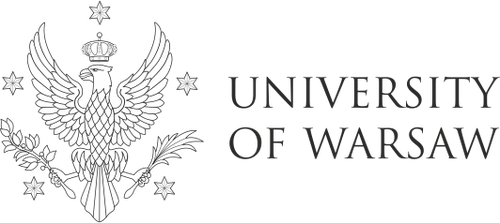
Warsaw Centre for Socio-Educational Innovation and Training
Warsaw Centre for Socio-Educational Innovation and Training (WCIES) is a local government-operated teacher development facility, an institution providing knowledge and education.
The key purposes of the Centre are to support the Warsaw education community and improve the quality of services provided by Warsaw schools and educational facilities.
WCIES role in this project will be to upscale COSI.ed model to our teachers, pedagogues and educators as well as actively participate in all the work packages that make up this project.
Country: Poland
Website: WCIES
Contact details:
- Elżbieta Tołwińska-Królikowska. elzbieta.krolikowska@wcies.edu.pl
- Beata Walkiewicz. beata.walkiewicz@wcies.edu.pl

Universidade do Porto
The University of Porto is represented in this project through a team of researchers from the the Centre for Research and Intervention in Education (CIIE) of the Faculty of Psychology and Education Sciences (FPCEUP). CIIE/FPCEUP is a research institution supported by the Portuguese Funding Agency for Science and Technology (FCT/Ministry of Science, Technology and Higher Education). CIIE has long embraced it mission of developing high-quality research on key issues of educational processes and social change, in order to broaden the role of education in promoting equity, inclusion and active citizenship.
In COSI.ed, CIIE will be primarily engaged as leader of Work Package 5, “Promoting the Use of COSI.ed Model in Inclusive Education and Youth Policies”, which aims at translating and adapting the developed COSI.ed model to support policies for the inclusion of disadvantaged youth at different levels (local, regional, national, European) and in different contexts.
Country: Portugal
Website: CIIE
Contact details:
- Amélia Veiga (Local team PI). aveiga@fpce.up.pt. [website]
- Ana Cristina Torres (Local team Co-PI). acctorres@fpce.up.pt. [website]
- Eunice Macedo. eunice@fpce.up.pt. [website]
- António M. Magalhães. antonio@fpce.up.pt. [website]
- Sofia A. Santos. sofiasantos@fpce.up.pt. [website]
- Helena C. Araújo. haraujo@fpce.up.pt / hcostaraujo@gmail.com. [website]
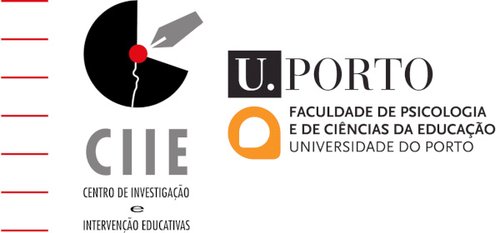
AE20-Associaçao para a Educaçao de Segunda Oportunidade
AE2O is a non-profit, non-governmental organization, which aim is to promote second chance education, working especially with disfavored young people with low qualifications, unemployed and at risk of social exclusion. Its main activity is to run Escola de Segunda Oportunidade de Matosinhos, a pilot project that started in 2008, the first second chance school in the country, member of the European network of second chance schools (E2C-Europe).
In the COSI.ed proposal, the Second Chance School will be firstly a partner of the University of Porto, but also a full partner of the consortium.
The main role of the Second Chance School of Matosinhos will be to articulate the engagement of some of the young people that attend the school in a collaborative research project with educational staff and with Education Sciences Master students.
Country: Portugal
Website: Segunda Oportunidade
Contact details:
- geral@segundaoportunidade.com
- anapinho@segundaoportunidade.com
- joanacosta@segundaoportunidade.com
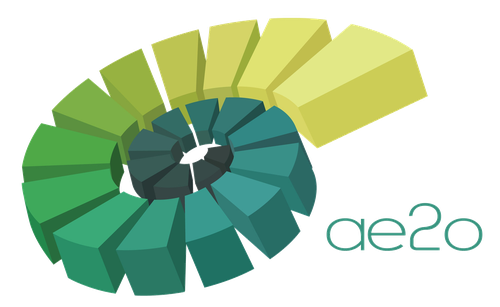
University of the Balearic Islands (UIB)
The Education and Citizen (EIC) research group of the University of the Balearic Islands has a broad experience in the development of both national and international projects related to vocational education and training, early school leaving, youth transitions to adulthood, and equal opportunities between men and women.
In COSI.ed, the EIC team will be primarily engaged as the responsable of Work Package 7, “Dissemination”. This WP aims to provide information on the results of the project to key actors and involves the spreading of the project successes and outcomes as far as possible.
Country: Spain
Website: UIB
Contact details:
- Francesca Salvà-Mut. f.salva@uib.es. [website]
- Elena Quintana-Murci. elena.quintana@uib.cat. [website]
- Carme Pinya Medina. carme.pinya@uib.es. [website]
- Caterina Thomàs Vanrell. caterina.thomas@uib.cat. [website]
- Carme Rosselló Rosselló. carme.rossello@uib.cat. [website]
- Carlos Vecina Merchante. carlos.vecina@uib.es. [website]

EAPN-European Anti-Poverty Network Illes Balears
EAPN Balearic Islands – Social Inclusion Network is a democratic, autonomous, participative and non-profit association made up of thirty organisations working to eradicate poverty and social exclusion.
In this project, EAPN-Illes Balears will upscale COSI.ed model to teachers, pedagogues and educators and students as well as actively participate in all the work packages that make up this project.
Country: Spain
Website: Xarxa Inclusió
Contact details:
- Andreu Grimalt Rosselló. eapn@xarxainclusio.org
- Vanessa Heras de la Rosa (Naüm). vheras@naumsonroca.es
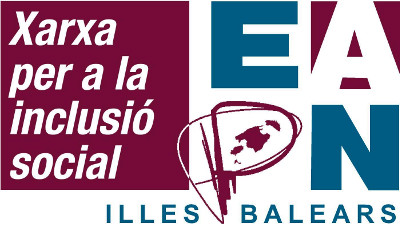
Sociedad Cooperativa de Iniciativa Social y Formación-JOVENT
Jovent is a non-profit organisation that promotes equal opportunities, the improvement of the quality of life and the social and labour integration of young people and other vulnerable groups, offering counseling and training adapted to their needs, with the capacity to work and coordinate with other organisations and with a spirit of constant research and innovation.
Jovent role in this project is to lead the Work Package 3:
Developing the COSI.ed model Regionally. Furthermore, Jovent will upscale COSI.ed model to teachers, pedagogues and educators and students as well as actively participate in all the work packages that make up this project.
Country: Spain
Website: Jovent
Contact details:
- Malena Alfaro Vicens. malena@jovent.es.
- Miguel Angel Rayó Bordoy. miquel@jovent.es
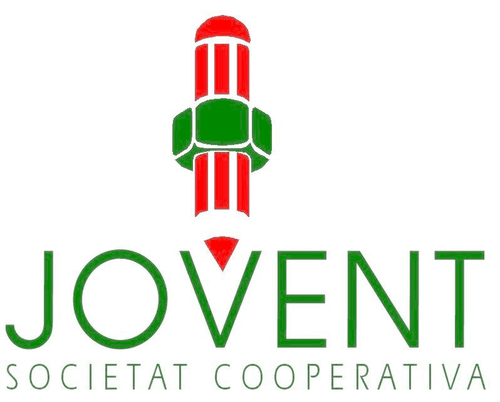
Susbribe to our COSI.ed newsletter
Receive updates from COSI.ed project. No span. Promise
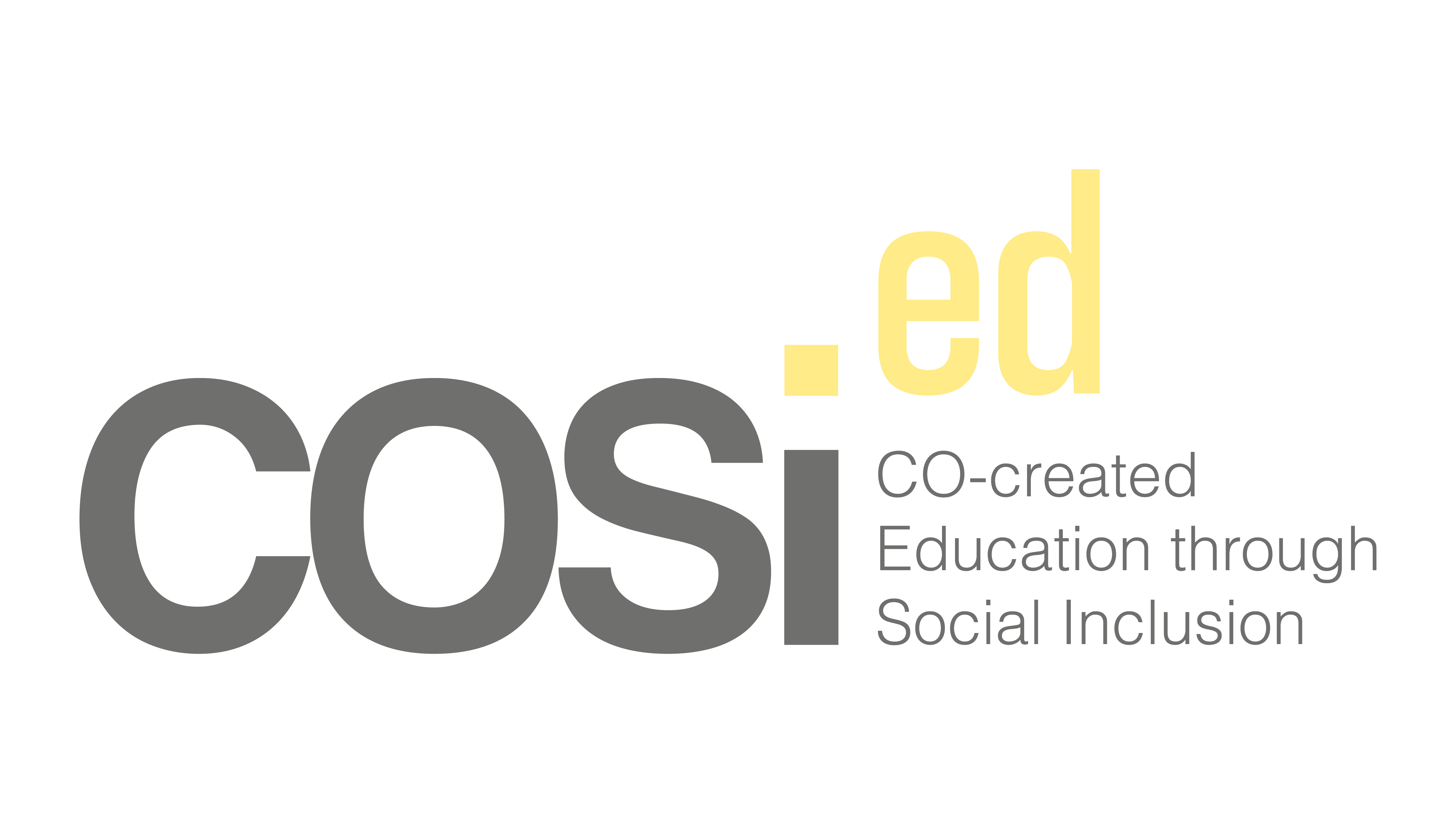

Project reference: 621365-EPP-1-2020-1-NO-EPPKA3-IPI-SOC-IN
